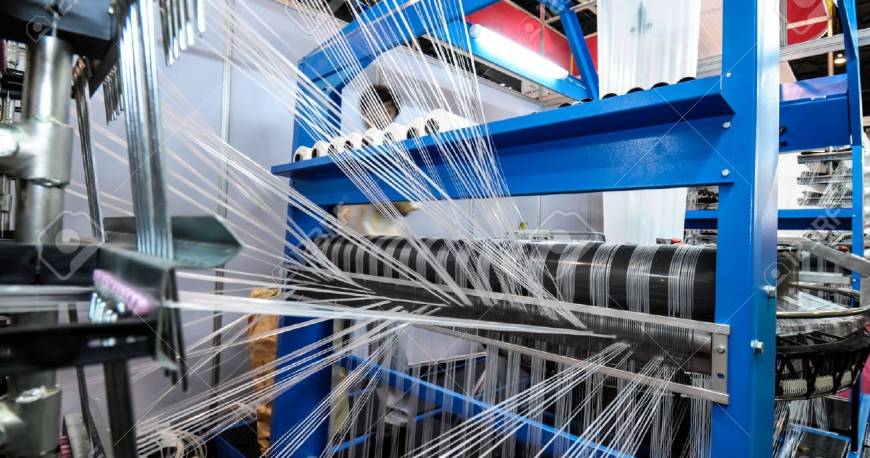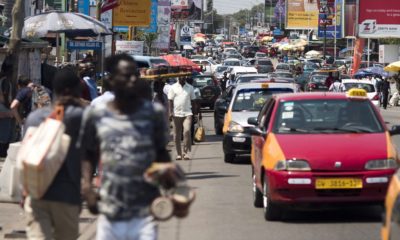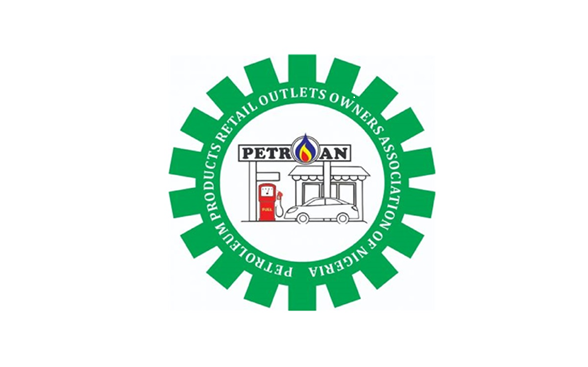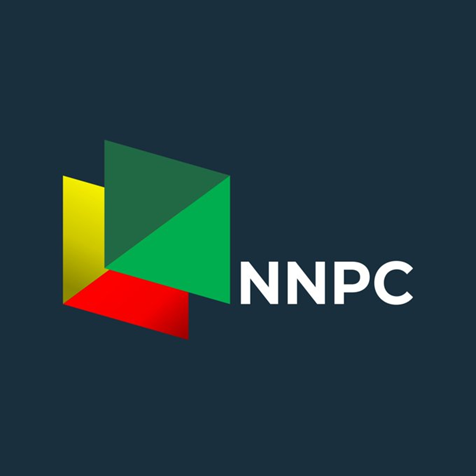With textiles and fashion expected to constitute an important post-Covid-19 growth driver for West Africa, stakeholders and key players in the industry are exploring ways to implement sustainable practices and make the sector more environmentally friendly.
While one might not instinctively include it among the world’s heaviest polluters, the textile and fashion industry is a key contributor to climate change, accounting for around 10% of global carbon emissions.
Indeed, with pre-pandemic annual emissions of 1.2bn tonnes, the industry is the second-largest industrial polluter behind the oil and gas industry, surpassing emissions from all international flights and maritime shipping put together.
A major factor behind the industry’s carbon footprint is the water needed for cotton production. For example, it can take an estimated 20,000 litres of water to produce 1 kg of cotton, or one t-shirt and a pair of jeans.
In addition, with up to 8000 chemicals used to turn raw materials into clothes, the World Bank estimates that 20% of global industrial water pollution comes from dyeing and finishing fabrics.
Another major factor behind the environmental footprint of the industry is the sheer mass of clothes produced to meet the needs of modern “fast fashion”. An estimated $500bn in value is lost every year from clothes that are worn for a short period of time and not recycled, with much of it ending up incinerated or in landfill.
Pushing for environmental sustainability
To combat the environmental impact of the textiles and fashion industry, a number of industry players are turning towards more sustainable means of operation.
For example, Jendaya, a UK-based, Africa-focused online fashion retailer avoids plastic and ships goods in recyclable cardboard packaging.
The company is also one of a growing number supportinggin cott designers who produce clothes in smaller capacities on a made-to-order basis, reducing waste and the amount of clothing that is consigned to landfill.
Other examples of African companies promoting local production using natural materials under made-to-order models include Nehanda & Co in Zimbabwe, Naked Ape in South Africa, Nkwo in Nigeria and Awa Meité in Mali.
There are also efforts to support this approach on an institutional level. Fashionomics Africa, an initiative developed by the African Development Bank, aims to develop a sustainable textile value chain and help create business models that will keep garments in use, make use of renewable materials and recycle old clothes into new products.
Another company driving sustainable solutions across the entire value chain in West Africa’s textiles industry is the India-headquartered Arise.
On top of existing industrial projects in Gabon, Mauritania and Côte d’Ivoire, the company is in the process of constructing two textiles parks in Togo and Benin. The sites, which source raw materials, gin cotton, and process and manufacture final products, will emphasise environmental, social and governance (ESG) factors across all aspects of the operation.
For example, some of the sustainability credentials of the textile park in Togo include processing 100% sustainably sourced cotton, under Cotton Made in Africa standards, and using 100% renewable electricity, offsetting 20 tonnes of carbon emissions per day. The site will also reuse 90-95% of the water used during processing and comply with independent international certifications when it comes to dyeing and finishing fabrics.
“The private sector needs to implement socially conscientious governance models across the textile value chain, enfranchising local communities through fair and equitable labour practices while also managing ecological resources sustainably,” Bhavin Vyas, chief ESG officer at Arise, told OBG.
Economic benefits
The benefits of such an approach are not just environmental. Increasing textile production on the continent will also provide an economic boon to the region as countries continue their recoveries from Covid-19.
Indeed, in April the African Circular Economy Alliance, a government-led coalition that promotes environmentally and socially sustainable solutions for economic development, identified the textiles and fashion industry as one of the “Five Big Bets” – alongside food systems, the built environment, electronics and packaging – that could drive the continent’s sustainable development in the future.
The issue is particularly pertinent to West Africa. Around three-quarters of the continent’s cotton is produced in the region; however, most of this is shipped to South and East Asia for processing, meaning that West African countries miss out on much of the value-added economic benefits traditionally associated with the textile industry.
Every year leading West African cotton-producing nations Benin, Burkina-Faso and Mali export 1.8m tonnes of unprocessed cotton worth $922m, but then import $2.4bn in finished cotton textiles and apparels.
In an effort to address the situation, Arise’s textile park in Togo aims to convert 56,000 tonnes of cotton fibres valued at $73m into apparel worth $1.5bn. The company says the construction and running of the site will create 20,000 direct and 80,000 indirect jobs, ensuring that much of the profit will filter into local communities.
Meanwhile, in Benin, where the cotton industry accounts for 12% of GDP and 60% of industrial earnings, the government is playing an active role in promoting domestic production, implementing a ban on 30% of cotton lint exports by the end of 2021, with this figure rising to 70% by 2022 and 100% by 2023.


 News3 weeks ago
News3 weeks ago
 Business3 weeks ago
Business3 weeks ago
 Technology3 weeks ago
Technology3 weeks ago
 Investment3 weeks ago
Investment3 weeks ago
 Banking Sector3 weeks ago
Banking Sector3 weeks ago
 Banking Sector3 weeks ago
Banking Sector3 weeks ago
 Appointments3 weeks ago
Appointments3 weeks ago
 Investment3 weeks ago
Investment3 weeks ago




























